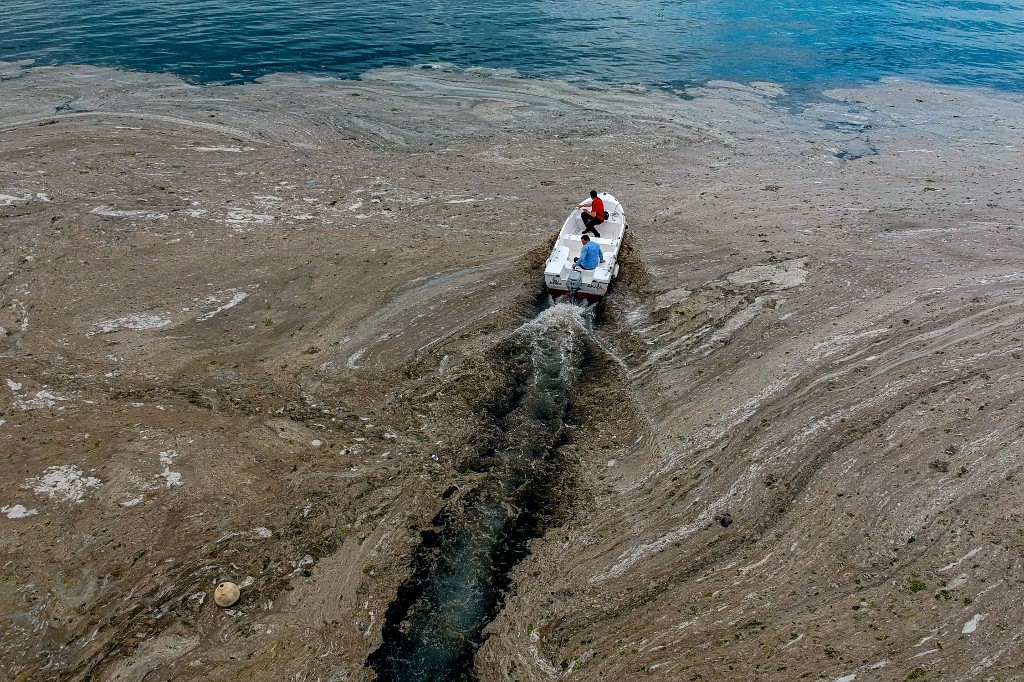The Turkish government’s decision to grant licenses to the Turkish Petroleum Corporation (TPAO) for oil exploration in three areas of the Sea of Marmara has drawn sharp criticism from environmental experts, the Sol Haber news website reported.
According to an announcement by the Energy and Natural Resources Ministry’s General Directorate of Mining and Petroleum Affairs, TPAO is now authorized to carry out oil exploration off the coast of Tekirdağ, Balıkesir and Çanakkale in a total area of tens of thousands of hectares over the next eight years.
This controversial decision, which was published in the latest issue of the Official Gazette on Saturday, has provoked a sharp rebuke from the İstanbul branch of the Chamber of Environmental Engineers (ÇMO).
In a statement the organization said, “Take your hands off the Sea of Marmara,” pointing out the serious environmental threats posed by potential oil exploration and drilling to the sea’s ecosystem.
The Sea of Marmara, which was declared a Special Environmental Protection Area in 2021 due to its rich biodiversity and its important role as a biological corridor between the Black Sea and the Mediterranean, is already under significant environmental pressure. Pointing to the falling oxygen levels, rising temperatures and recurring sea snot problems plaguing the sea, the chamber warned that oil exploration could cause irreparable damage to the sea’s biodiversity and ecosystems. The threat of an oil spill, they argued, would spell disaster for the inland sea and the life forms that depend on it.
The statement also criticized Turkey’s continued investment in fossil fuels such as oil and coal as contradicting its commitments under the Paris Agreement to combat global warming. The ÇMO calls for immediate clean-up measures for the Sea of Marmara and urges a shift away from fossil fuels towards clean energy to ensure a sustainable future.

